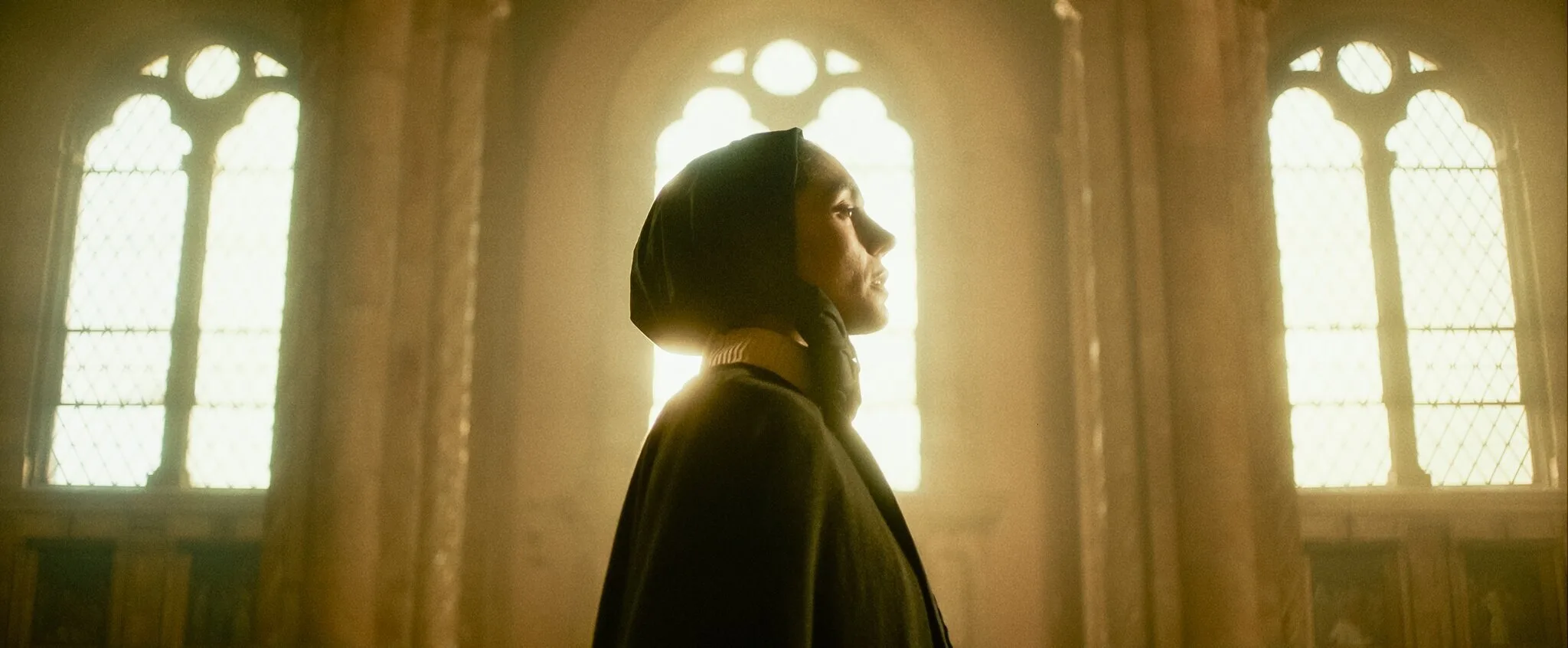6 Women Who Knew Their Place in History
We’ve all heard the courageous and pioneering achievements of Amelia Earheart, Rosa Parks, and Susan B. Anthony, but there are thousands of other women whose names have been left out of the history books.
Below are just six of those women.
One of those women serves as the inspiration behind Angel Studios’ latest film Cabrini, an epic narrative chronicling the life of Francesca Cabrini as she comes to America to better the lives of immigrants everywhere. These women’s stories may be lesser known, but they knew their place nonetheless.
1. Nellie Bly
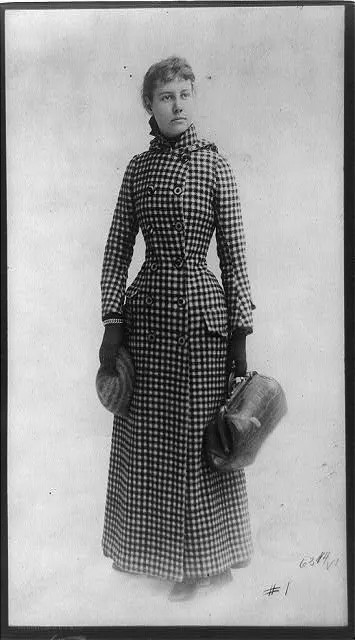
Nellie Bly was a pioneering American journalist who spearheaded a new kind of investigative journalism in the 1880s. Bly got her start with the Pittsburgh Dispatch after writing an impassioned rebuttal to an article that claimed women were only good for rearing children and maintaining a house. Struck by her passion, the editor of the Pittsburgh Dispatch hired Bly and she focused her work on the lives of working women. However, Bly was quickly reassigned to write columns that were more suitable for female journalists: fashion, society, and gardening.
Bly decided to quit her job and move to New York City to seek more opportunities. After being rejected by dozens of jobs because she was a woman, Bly took her entrepreneurial spirit all the way to the offices of The New York World, Joseph Pulitzer’s newspaper, where she convinced the paper to send her on her most daunting assignment yet. Bly feigned insanity and was miraculously admitted to the Women’s Lunatic Asylum all in an effort to expose the horrendous circumstances those women were living under. After 10 horrific days in the asylum, Bly was released and wrote her famous report “Ten Days in a Mad-House'' in 1887 that went on to prompt the asylum to make reforms. Her groundbreaking work shed light on the experiences of marginalized women and ushered in a new era of undercover investigative journalism that changed the industry forever.
2. Bessie Coleman
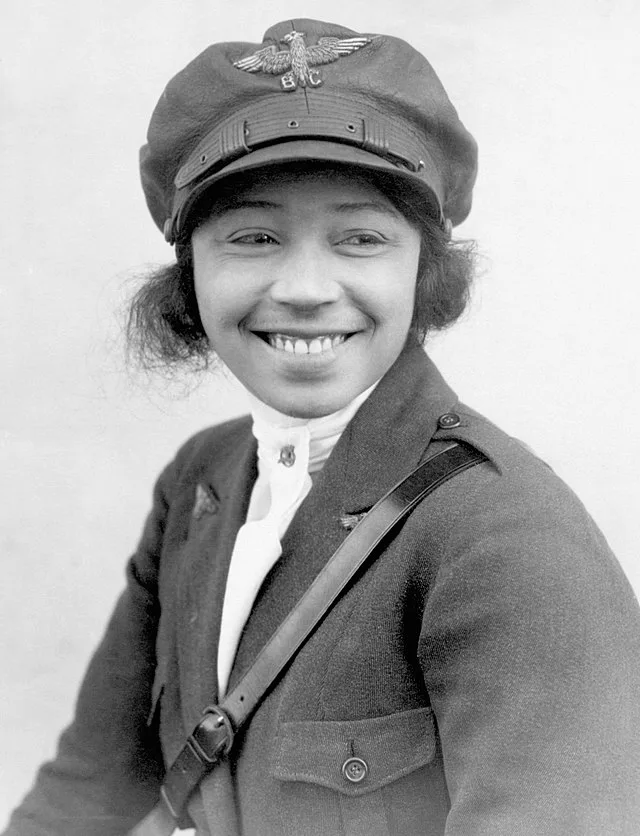
Bessie Coleman was an American aviator and became the first African-American woman to obtain a pilot’s license. She was also the first Black person to hold an international pilot’s license.
After deciding she wanted to become a pilot, she was refused admission to flight schools in the U.S. because she was black and a woman. This didn’t deter her and she moved to France and earned her license from the Fédération Aéronautique Internationale in 1921. She quickly realized that to make money as an aviator, she would have to become a stunt flier and perform dazzling airshows. Her flying tricks earned her the nicknames “Brave Bessie” and “Queen Bess.” Although she met an early death after a plane crash, Bessie’s legacy went on to inspire a generation of African-Americans to pursue aviation.
3. Hedy Lamarr
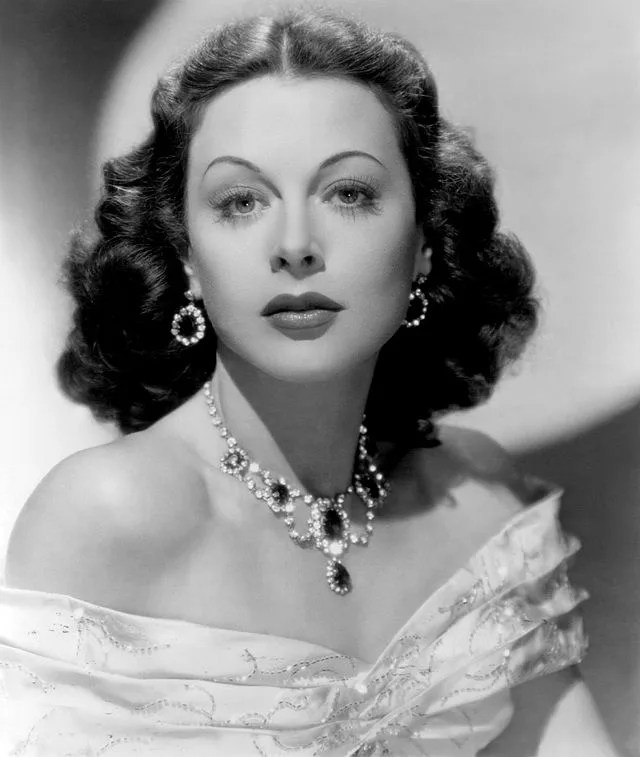
Hedy Lamarr was an Austrian-American actress during the golden age of Hollywood. While many people may know her from her role in Samson and Deliah, fewer people know her as an inventor who pioneered modern-day cell phone technology that formed the basis of WiFi, GPS, and Bluetooth.
Lamarr was discovered in London by the president of MGM Studios and quickly started her career in Hollywood. America was captivated by her beauty and her intellect often took a back seat.
When World War ll broke out, Lamarr didn’t want to sit around making movies; she wanted to significantly contribute to the war effort. In 1940, Lamarr met George Antheil, a Hollywood music composer known for his experimental compositions. The two eventually partnered up and invented a new communication system called “frequency hopping” that allowed radio waves to guide torpedoes to their correct targets. Though their groundbreaking work was never used during the war, the US Navy used this technology during the Cuban Missile Crisis. Lamarr never received proper credit during her lifetime, but she was awarded the Pioneer Award in 1997 from The Electronic Frontier Foundation. Lamarr was inducted into the National Inventors Hall of Fame for her frequency hopping technology in 2014 and has been nicknamed “the Mother of WiFi.”
4. Francesca Cabrini
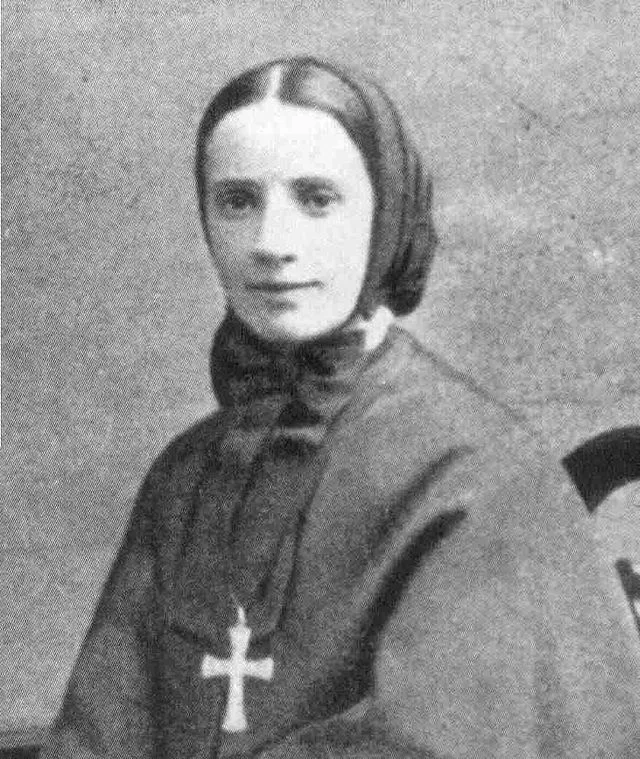
Francesca Cabrini, also known as Mother Cabrini, was the first American saint. She transformed the lives of Italian immigrants everywhere by petitioning powerful politicians to help her build dozens of orphanages, hospitals, and schools across the country and the world. Her historic 1889 voyage to America marked the first female-led mission in the history of the Catholic church. This high stakes mission meant that everyone, including Pope Leo XIII himself, was looking to her as proof of what women of faith could accomplish.
Born prematurely in Italy in 1850, Cabrini had poor health from a young age and wasn’t expected to live a long life. As a result, she was prohibited from joining the Daughters of the Sacred Heart as a religious sister, which had been her lifelong goal. Undeterred, she founded her own order just a few years later called Missionary Sisters of the Sacred Heart of Jesus in Italy. It was this resolve that spurred her desire to transform the lives of Italian immigrants everywhere and to take her empire of hope worldwide. Cabrini went on to found 67 charitable institutions in just 35 years before her death in Chicago in 1917.
Her legacy and life’s work is commemorated in Angel Studios’ upcoming film Cabrini coming to theaters on International Women’s Day. Secure your tickets today at angel.com/cabrini.
5. Elizabeth Cady Stanton
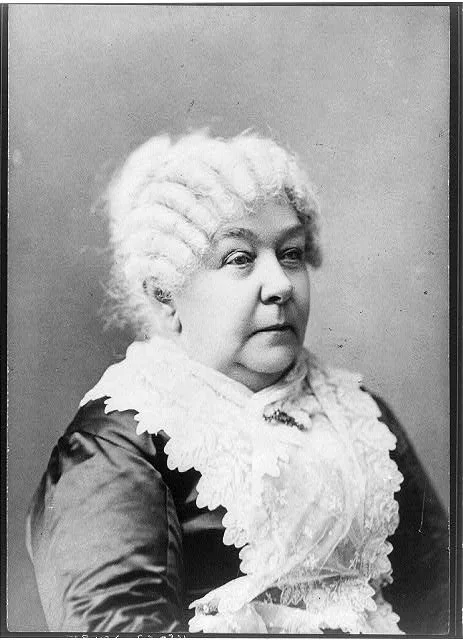
The world has come to praise Susan B. Anthony as the face of the women's rights movement in America. A lesser known name but of equal contribution to the suffrage movement is Elizabeth Cady Stanton.
Stanton was a chief mastermind of the women's rights movement and authored dozens of pamphlets and manifestos that guided the movement throughout the 20th century. One of her most notable contributions was hosting the first women’s rights conventions in 1848 in Seneca Falls, New York. She wrote “The Declaration of Sentiments” which amended The Declaration of Independence to include women. This groundbreaking document was a call to the government to give women a voice in society.
In 1851, Stanton met Susan B. Anthony and they quickly partnered up and became the most influential duo in the women’s rights movement. Because Stanton was the mother of seven children, she couldn’t travel as much as Anothony. Consequently, Stanton authored some of Anthony’s most famous speeches for her to deliver. Stanton authored three volumes of the “History of Woman Suffrage” before passing away in 1902, 18 years before women received the right to vote.
6. Claudette Colvin
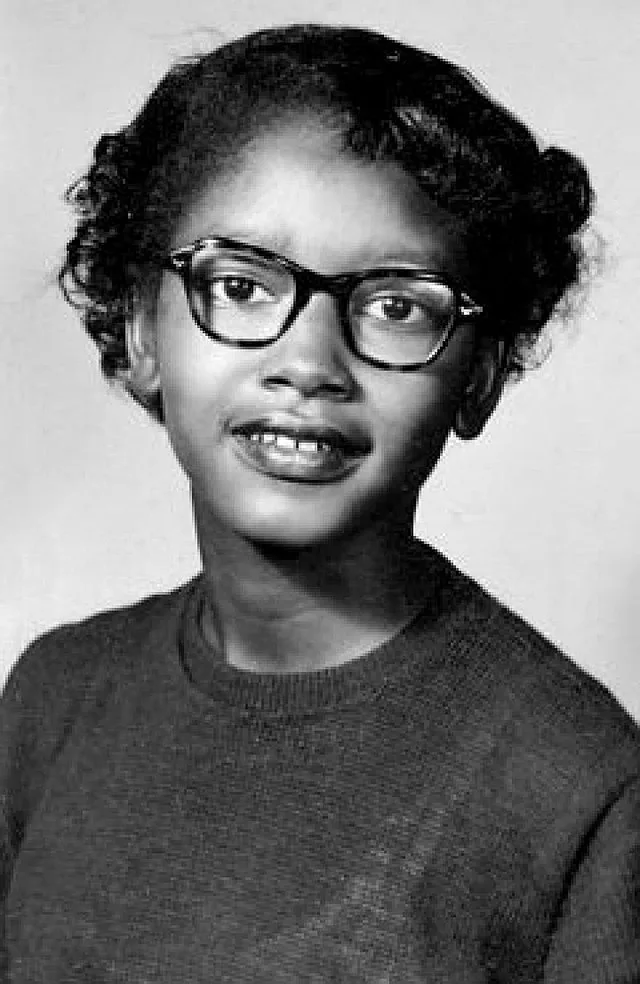
Claudette Colvin was a key figure in the 1950s civil rights movement in America. She was arrested in 1955 at the age of 15 in Montgomery, Alabama after she refused to give up her seat to a white woman. It wasn’t until nine months later that Rosa Parks followed suit and the 1955 Montgomery bus boycott was born.
Colvin later testified in court to challenge bus segregation in Montgomery. On June 13, 1956, the judges determined that bus segregation in Alabama was unconstitutional. The case continued to the United States Supreme Court and it affirmed the order to Montgomery and the state of Alabama to end bus segregation.
Though Rosa Parks was the face of the bus boycott, 15-year-old Colvin bravely led the charge and in 2018 was awarded a lifetime commitment to public service with a Congressional Certificate.
Join the Guild to Unlock Masterful Storytelling.
Help Transform the Industry.
Your membership directly contributes to the production of films like Cabrini, allowing filmmakers to tell more stories that uplift, entertain, and amplify light.
